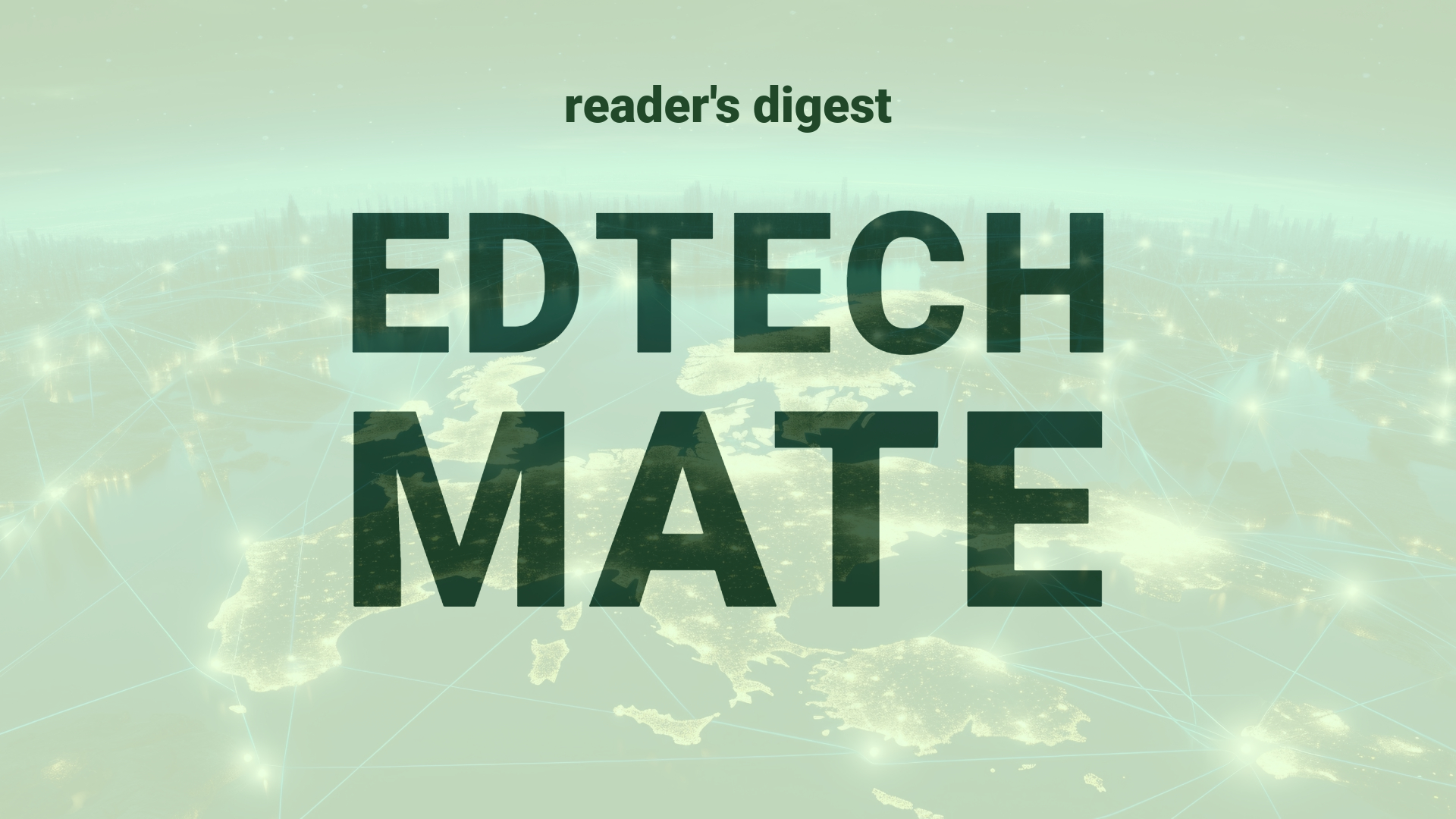Executive Summary and Main Points
In the arena of data science and machine learning (ML), the discourse mainly encompasses the investment scale in the sector along with the underwhelming fraction of ML models that transition from developmental stages to active customer-facing production. While successful implementation of these models reaps benefits, their maintenance poses a new set of continuous challenges. A recent conversation with Howard Friedman and Akshay Swaminathan, authors of “Winning with Data Science,” shed light on best practices for ML deployment, emphasizing considerations of deployment from the outset and alignment with business objectives to avoid the typical pitfalls associated with data science projects.
Potential Impact in the Education Sector
The insights from “Winning with Data Science” have various implications for Further Education, Higher Education, and the realm of Micro-credentials. The emphasized strategic partnerships and digitalization can act as catalysts for implementing AI-driven analytics in student support services, curriculum development, and personalized learning trajectories. Specifically, the deployment of human-in-the-loop ML solutions can optimize academic support services, where identifying at-risk students and streamlining responses is crucial. The guidance provided also underscores the importance of data governance and compliance in educational institutions, which align with regulatory expectations and ethical standards in academia.
Potential Applicability in the Education Sector
Applications within the global education systems include the deployment of ML models to identify patterns correlating to student success or distress, thereby informing responsive interventions. AI can assist in tailoring educational content and pedagogical approaches to diverse learning needs, while digitally transforming administrative processes facilitates improved operational efficiency. Furthermore, using generative AI for content creation and synthesis can augment research capabilities and library services in higher education settings.
Criticism and Potential Shortfalls
Critically analyzing the application of these ML strategies in education requires consideration of ethical and cultural implications, such as data privacy concerns and the risk of perpetuating biases within AI algorithms. Comparative international case studies illustrate the disparities in resource allocation, infrastructure, and regulatory frameworks, which can impede the uniform adoption and efficacy of these technologies. Institutions need to navigate the fine line between leveraging AI’s potential and preserving academic integrity, fairness, and inclusion within their learning communities.
Actionable Recommendations
Educational leadership should initiate ML deployment with clear objectives, ensuring alignment with institutional goals, ethical standards, and academic outcomes. Building cross-functional teams with multidisciplinary expertise will facilitate robust design, implementation, and continuous improvement of AI systems. Educational institutions should adopt a proactive approach to data governance and compliance, anticipating rather than reacting to regulatory demands. Continuous professional development for educators in the domain of AI and ML is recommended, fostering a culture of innovation and agility in pedagogical methods and institutional operations.
Source article: https://blogs.starcio.com/2024/05/winning-with-data-science.html

